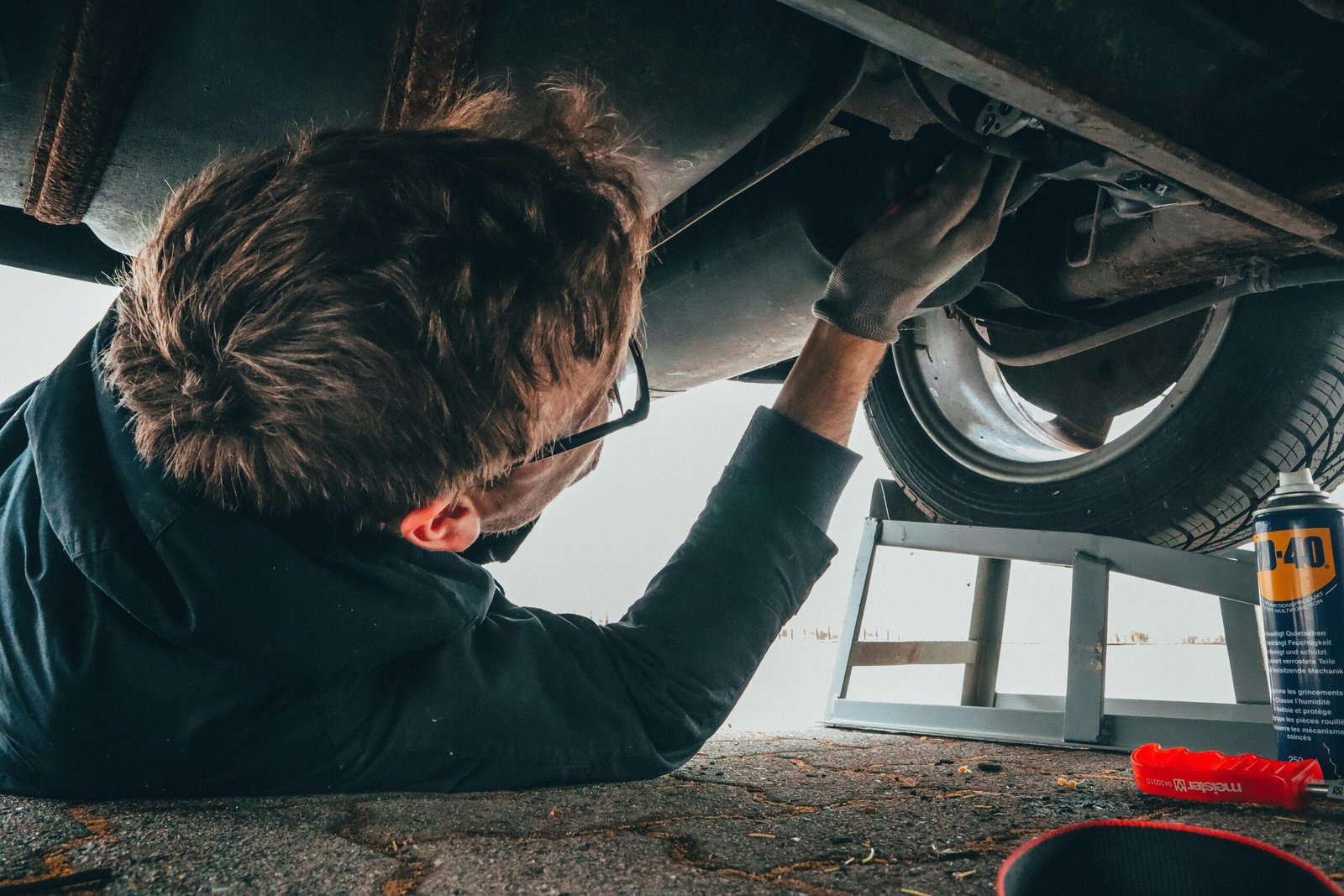Introduction
Owning a car is undoubtedly convenient, providing us with the freedom to travel and explore at our own pace. However, this convenience comes with a responsibility – the responsibility of maintaining your vehicle to ensure it stays in top condition. Basic car maintenance is not only about extending the lifespan of your car but also about ensuring safety on the roads, especially in the ever-changing weather conditions of the UK. In this guide, we’ll walk you through some fundamental car maintenance tasks that every UK car owner should know.
- Regular Fluid Checks
Fluids are the lifeblood of your car, and keeping them at the right levels is crucial for the proper functioning of various components. Here’s what you need to check:
-
Engine Oil: Regularly check your engine oil level using the dipstick. Low oil levels can cause engine damage, while dirty oil should be changed according to the manufacturer’s recommendations.
-
Coolant: The cooling system keeps your engine from overheating. Check the coolant level when the engine is cold and top up if necessary with a 50/50 mixture of coolant and water.
-
Brake Fluid: Brake fluid should be clear and amber in color. If it’s dark or murky, it’s time for a replacement.
-
Transmission Fluid: For vehicles with automatic transmissions, check the transmission fluid level as per your owner’s manual.
- Tire Maintenance
Tires are your car’s point of contact with the road, so maintaining them is crucial for both safety and fuel efficiency.
-
Tire Pressure: Check tire pressure at least once a month and before long journeys. Correct tire pressure improves handling, fuel efficiency, and tire lifespan.
-
Tire Tread: The legal minimum tread depth in the UK is 1.6mm, but experts recommend changing tires around 3mm for better grip, especially in wet conditions.
-
Wheel Alignment: Misaligned wheels can cause uneven tire wear and affect your car’s handling. Get your wheel alignment checked regularly.
- Brake System
A well-functioning brake system is essential for your safety on the road. Regularly inspect and maintain the brakes.
-
Brake Pads: Check the thickness of your brake pads. If they’re less than 3mm thick, it’s time to replace them.
-
Brake Discs/Rotors: Inspect the brake discs for any signs of damage or excessive wear.
-
Brake Fluid: As mentioned earlier, ensure your brake fluid is at the correct level and in good condition.
- Lights and Signals
Proper lighting is crucial for your visibility on the road and for communicating with other drivers.
-
Headlights and Taillights: Regularly check that all your lights are functioning properly. Replace any blown bulbs immediately.
-
Indicators and Brake Lights: Ensure your turn signals and brake lights are working, as they are essential for communicating your intentions to other road users.
- Battery Care
Your car’s battery provides the necessary power to start the engine and operate electrical components.
-
Battery Terminals: Check for corrosion on the battery terminals. If you notice buildup, clean it off with a mixture of baking soda and water.
-
Battery Voltage: Use a voltmeter to check your battery’s voltage. A healthy battery typically reads around 12.6 volts.
- Air Filters
Air filters keep dust and debris from entering your engine, which can affect performance and fuel efficiency.
-
Engine Air Filter: Check and replace the engine air filter as recommended in your owner’s manual.
-
Cabin Air Filter: If your car has one, replace the cabin air filter to ensure clean air circulation inside the vehicle.
Conclusion
Basic car maintenance might seem daunting, but it’s an essential skill for any UK car owner. Regularly checking and maintaining your car’s fluids, tires, brakes, lights, battery, and filters can greatly improve your vehicle’s performance, safety, and longevity. By incorporating these simple practices into your routine, you’ll not only save money on potential repairs but also ensure that your car remains roadworthy and dependable in the ever-changing UK weather conditions. Remember, a well-maintained car is not just an asset; it’s your ticket to a smoother and safer journey on the British roads.

